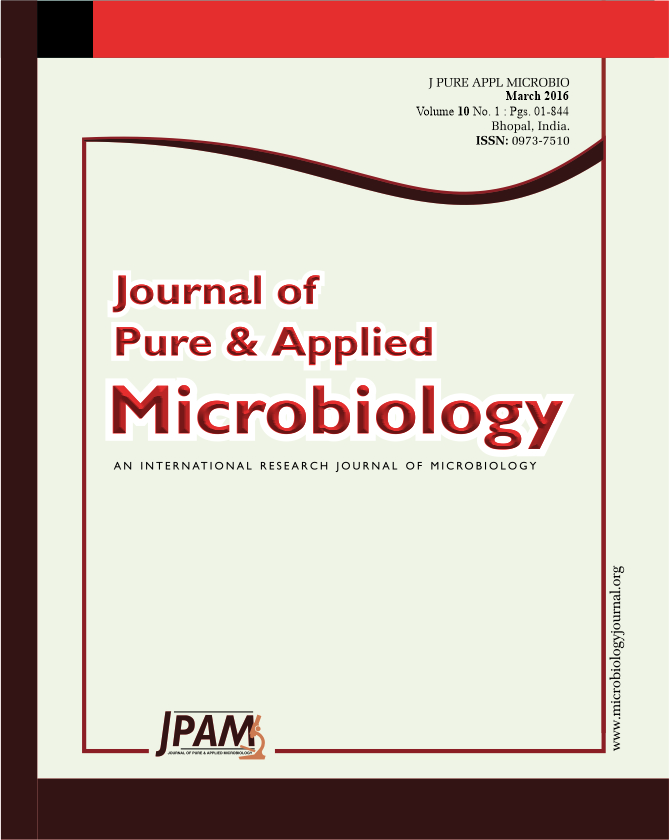Pseudomonas syringae pv. maculicola M2 (Psm) is a phytopathogenic bacteria and one of about 50 pathovars reported in the Pseudomonas syringae group. The host range of Psm included collard, cauliflower, broccoli and others cruciferae plants, producing blight, and among other cruciferae host plants, Arabidopsis thaliana as model study in plant-pathogen interactions. To understand the traits that could regulate the pathogenicity of Psm, the physical map was constructed employing transposable elements as pTn5cat1 and pTn5Spcat (endowed with restriction sites for the rare cutting restriction endonucleases PacI, PmeI and SwaI) derived from transposon Tn5 to obtain insertional mutants. The chromosome from the wild type Psm was digested with the rare-cutting endonucleases PacI, PmeI and SwaI, producing 14, 15 and 16 fragments, respectively. All fragments were separated using pulsed field gel electrophoresis (PFGE) and the size of the chromosome was determinate to be around 6.53 Mb. To assemble all fragments caused by single restriction, random insertional mutants of Psm carrying an extra site for PacI, PmeI and SwaI were evaluated. Around 11 different insertional mutants were selected after screening using PFGE analysis and confirmed by Southern-blot hybridization, partial digestions were done in DNA of wild type Psm to complete the physical map.
Pseudomonas syringae pv. maculicola, PFGE, Chromosome size, Transposon tagging, Physical map.
© The Author(s) 2016. Open Access. This article is distributed under the terms of the Creative Commons Attribution 4.0 International License which permits unrestricted use, sharing, distribution, and reproduction in any medium, provided you give appropriate credit to the original author(s) and the source, provide a link to the Creative Commons license, and indicate if changes were made.


